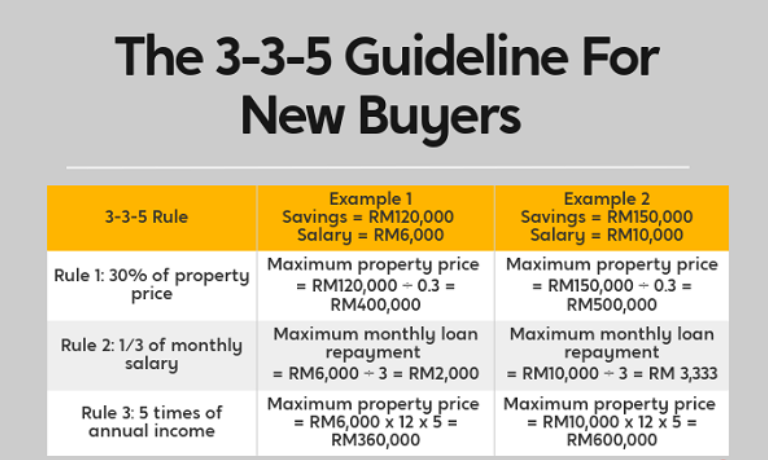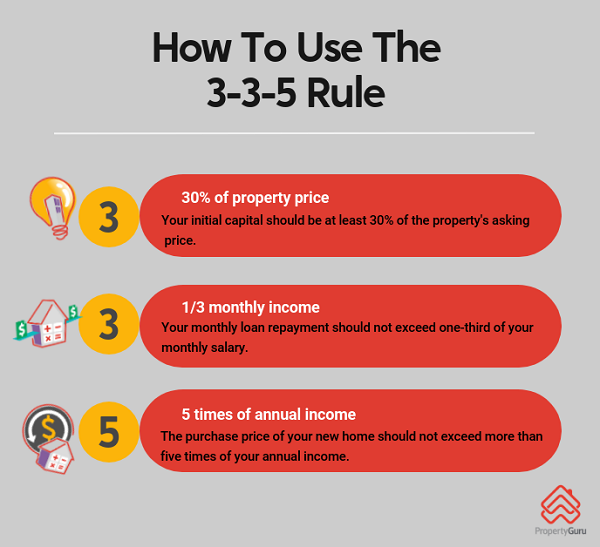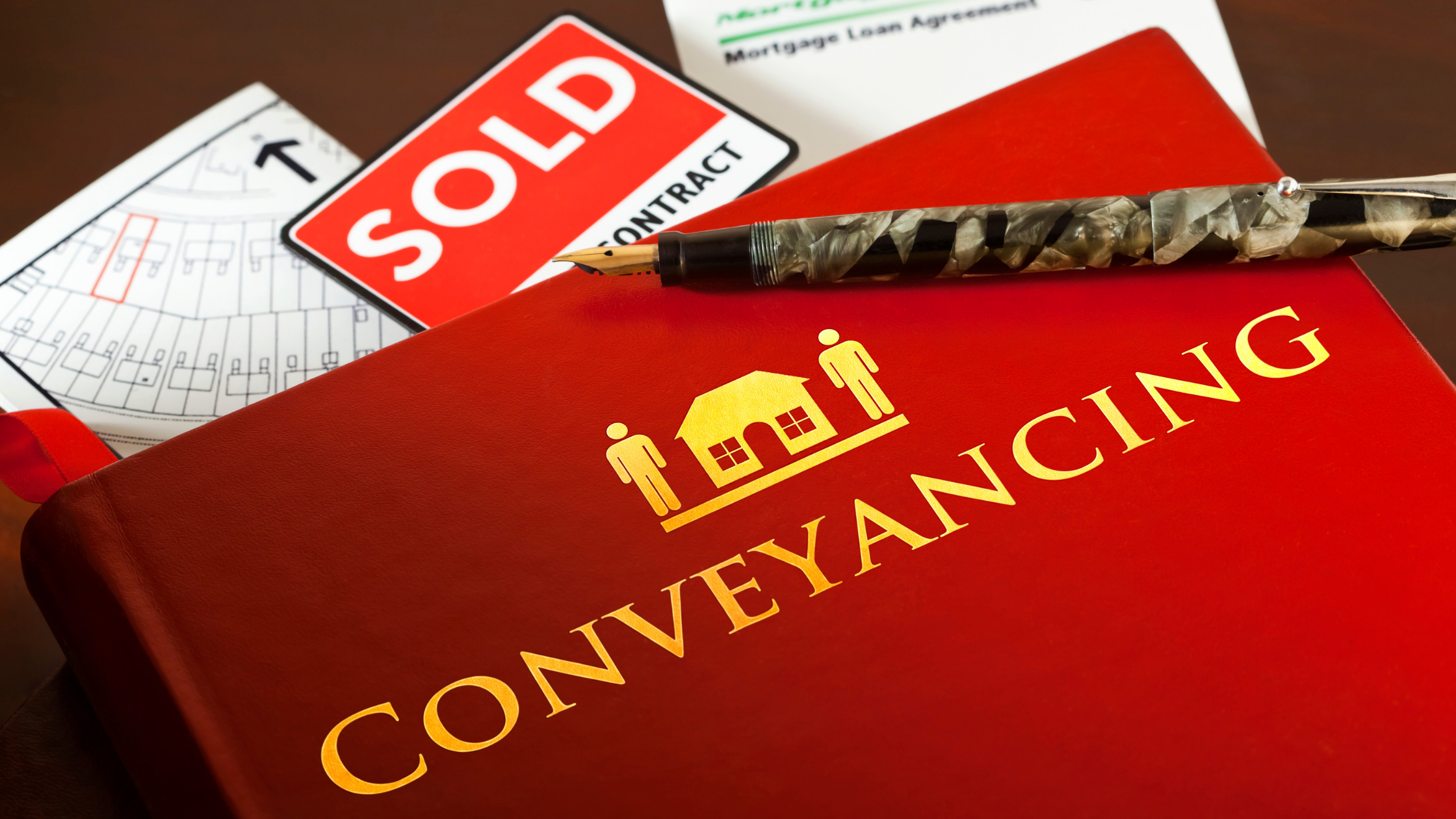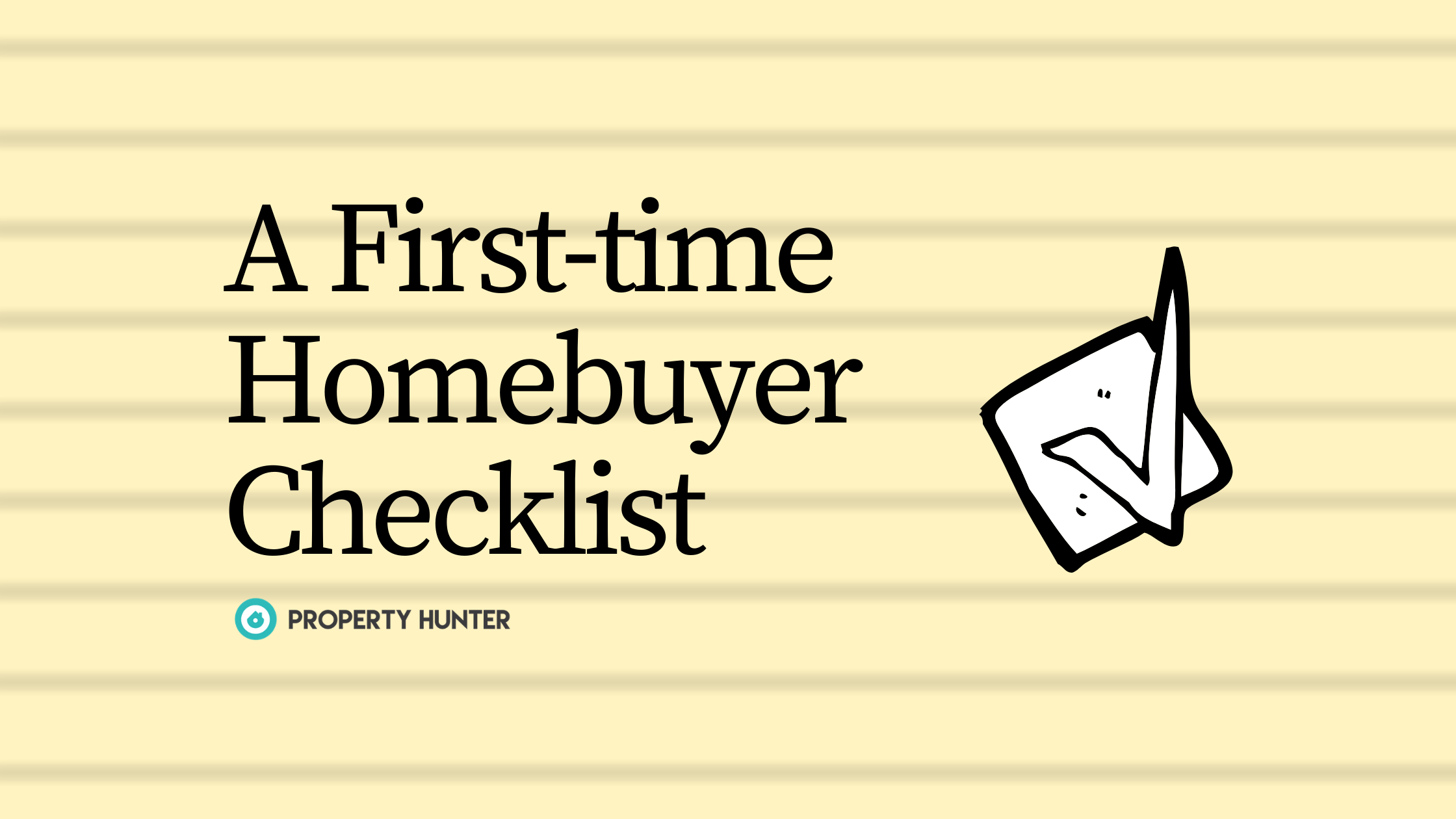If you're embarking on a property journey beyond your affordability, with the mindset that your salary is going to increase to pay off the bills, best think again! Here we explore the 3-3-5 rule as a guideline for new buyers to take into consideration before purchasing their first property.
How do you make the right choice when buying a property? For many, we’re afraid to make the wrong choice because hey, it is a big amount of money and it’s one you’ll have to stick with for the rest of your life.
Because it’s such a big and expensive decision, buying a property is something you have to consider very carefully. The pricier — but bigger!— the property might sound like a dream, but is it the right one for you?
Buy what you can afford now, not later
Life is ever-changing, and your finances might improve in the future or it can go south. If you insist on buying a property, prioritise affordable properties that fulfil your essential needs, even if it means settling for something smaller.

Let’s do a quick comparison of what’s affordable, using a gross monthly income of RM6,000 as a constant variable. As your income will affect your mortgage loan amount, let’s park it at an estimated RM3,000 leftover per month after loans and necessities.
Property A
- Cost of purchasing a 2R1B unit in 2020: RM300,000
- 90% loan repayment at 3.30% interest rate: RM270,000
- Monthly mortgage repayment: RM1,182 per month
Property B
- Cost of purchasing a 3+1R2B unit in 2020: RM600,000
- 90% loan repayment at 3.30% interest rate: RM540,000
- Monthly mortgage repayment: RM2,365 per month
You’d be utilizing the leftover RM3,000 for your monthly repayment, so purchasing property A would leave you an excess of RM1,818 per month, whereas property B would grant you RM635 monthly.
“Why should I choose a smaller property when I can buy a bigger and better property instead? I know I’ll get a pay raise, so I can definitely afford it!”
We don’t mean to be a wet blanket, but how confirmed is that pay raise? Unless you’re the boss of your own company with complete control over finances, just like any other employee, you’ll be waiting for your monthly paycheck.
A fancy home might make everyone green with envy, but if you’re lighting candles at night to save on your utility bill, you’ve trapped yourself in a vicious cycle of materialistic greed.
However, buying an affordable property doesn’t mean settling for the cheapest option! Choose a property that’s right for you with the criteria you prefer, like the location, amenities, and comfort for all the occupants.
An affordable property is an investment
How is an affordable property an investment, especially one that’s not in a good location/ neighbourhood, or is too small for anyone to live in? Well, it lies in the money saved, and not the physicalities of the property.
Referring to the examples of property A and property B, a lower monthly mortgage means more money that you can set aside for yourself or investments — treat yourself to a nice dinner, or expand your investment portfolio!
When you buy a home that’s beyond your affordability, you’ll be busy spending on it and its maintenance, rendering your potential for investment to a limited scope. The less you spend, the more you have.
If you’re the type who likes to save for a rainy day, the amount saved would be substantial enough for emergencies, and BONUS! You can retire early or live in the lap of luxury for your retirement.
Tips for spending on property
Aside from the basic costs of buying a property, are there alternatives to calculate the ideal amount you should spend on property? It’s a good thing you asked, because yes, there is!
One method is the popular 3-3-5 rule that’s a Singaporean favourite, and it’s even endorsed by the CPF board (their version of our EPF!).
The 3-3-5 rule is a guideline for new buyers to take into consideration before purchasing their first property.
- 3 — You should have a capital of at least 30% of the property’s asking price.
- 3 — You should not spend more than ⅓ of your monthly wages on your monthly mortgage repayment.
- 5 — The price tag of the property should not be more than 5 times your annual income.
Bear in mind that the 3-3-5 rule is a guideline and not something to be taken too literally. However, it does make sense and will help you calculate your property affordability to avoid overspending.
Of course, if your finances are strong and stable enough to consider a penthouse suite in the Kuala Lumpur city centre, go ahead! Purchasing a property is not just about the monetary aspects, but also a future goal for not just you, but your loved ones too.
As everybody has different perspectives on money and investment, there’s no ‘one property rule’ to rule them all.
Despite that, we hope you make the right decision when purchasing a property and if not, look on the bright side and appreciate what’s here and now, whilst working towards the future!
This article was contributed by PropertyGuru.
.jpg)
_PH_Banner_(Desktop)(1200x180px).png)
.jpeg)


.jpg)




.png)



.png)
.png)

.jpg)
.jpeg)
